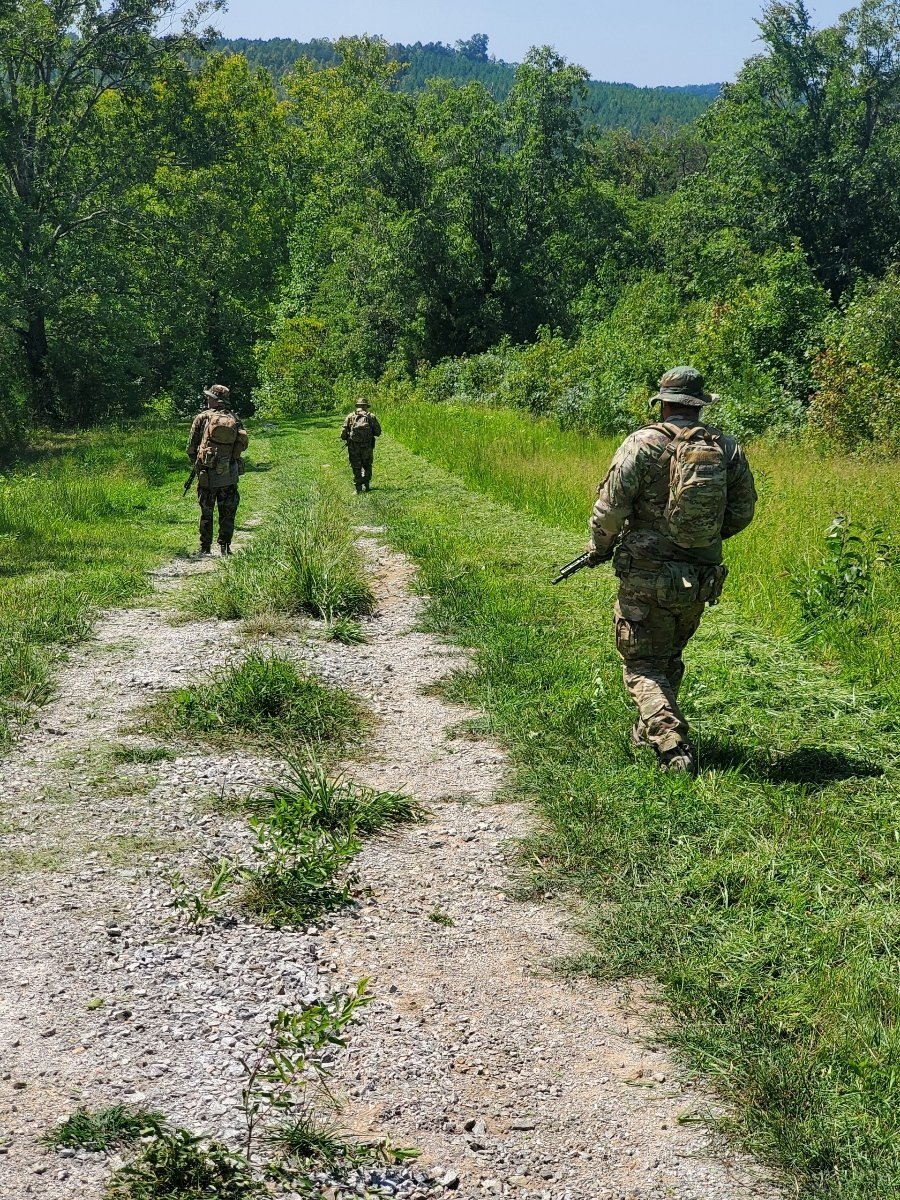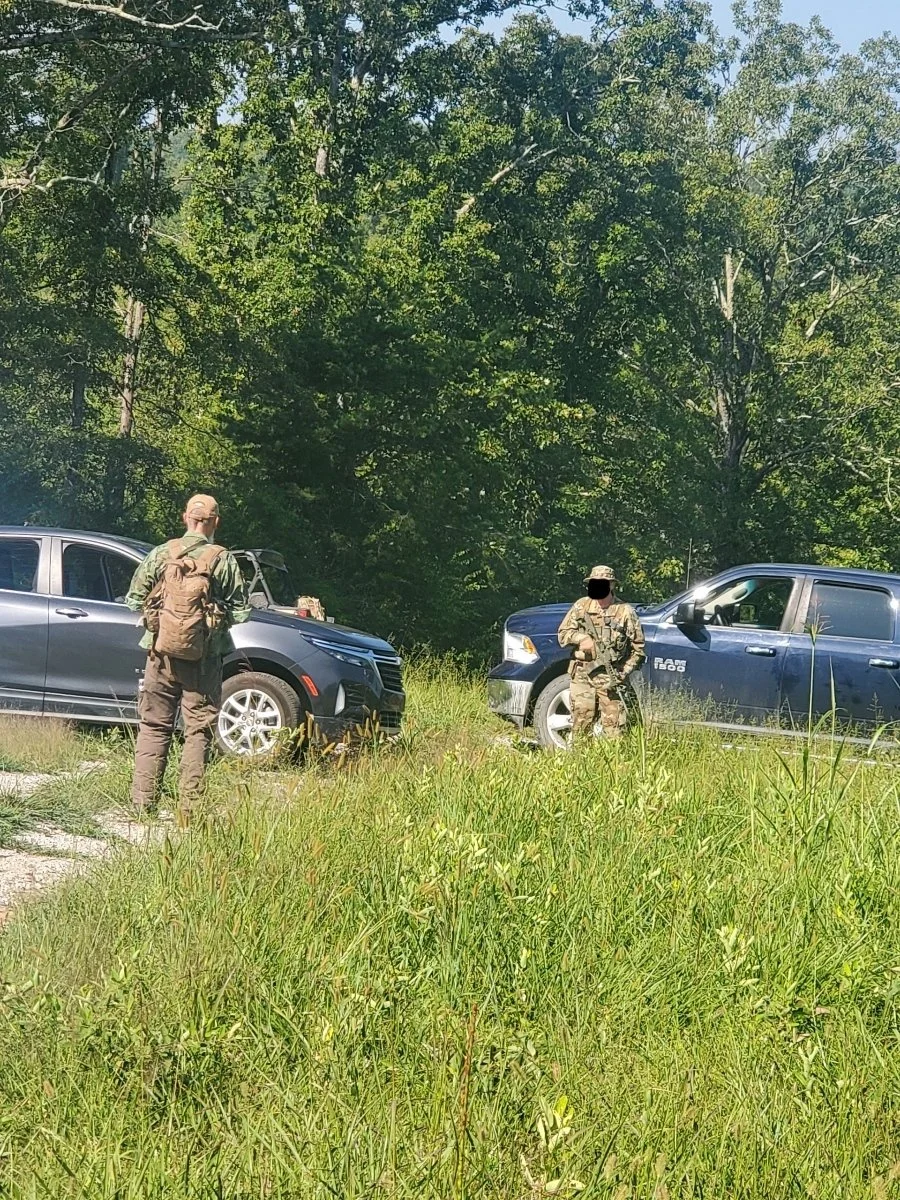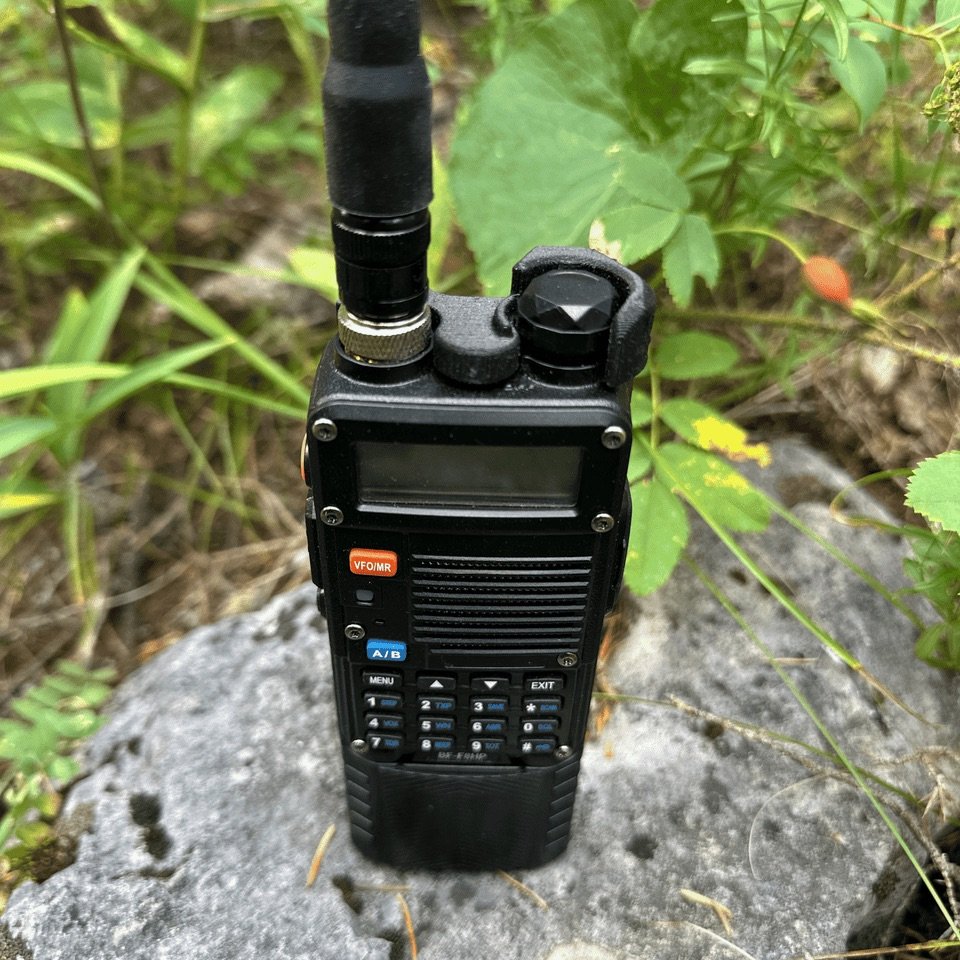
Combative Skills
Course Overview
Content
-
Start 9 AM
Introductions and orientation.
Defining what CSOs are and the legal basis for it.
We are conducting an area study.
Collecting threat intelligence in the field.
Entry control point operations
Exercises are conducted by running an entry control point, gathering threat intelligence, and an area study exercise.
Finish 5 PM
-
Start time 9 AM
Define what an interior guard is and how to design a program.
Learn what roadblocks and checkpoint operations are and when we do them.
Learn about two types of local security patrols.
Students will learn how to select, set, and operate an observation point.
Field exercises are conducted incorporating roadblocks, checkpoints, and various patrols and practicing field threat intelligence gathering.
Students will set up observation posts both day and night and practice using night optics.
Finish 5 PM
-
Start 9 AM
Students discuss how to develop a safe house network and how to establish and run a safe house.
Students learn about emergency escape and evasion plans and how to set caches.
Students will get a basic introduction to secure vehicle movement and movement planning.
Students will conduct and exercise involving secure vehicle movement.
Finish 5 PM
Locations and Dates
Location: TBD
Date: TBD
Description
This three-day course will immerse the students in fighting skills with empty hands, sticks, knives, and cold-firearm combat (using the firearm as a blunt weapon or with a bayonet). These skills build self-confidence and warrior spirit and give students a means of protection short of lethal force. We can build custom self-defense courses for all ages and women-specific self-defense.


Gear Packing Checklist
Course Checklist
Notebook and pen (Recommended: Rite in the Rain
Quality, broken in boots
Watch
Headlamp or flashlight (Recommended: blue light capable)
Fixed blade knife
Compass (Recommended: Lensatic or Orienteering)
Gloves
Tarp/poncho/shelter half of some type
Patrol Pack of some type
Canteen/canteen cups
Food for 3 days
Spare socks
Rain gear of some type
Appropriate season clothing for moving in the wilderness
Course Book
Recommended Gear
Chest Rig
Should hold all your personal tactical gear for a 24-48 hour patrol period
I don’t recommend plate carriers for training as the added weight and heat detracts from the experience
Optics
We will be running OP’s, optics are a force multiplier
Day/night/thermal
We will cover some thermal mitigation and detection.
Radio
VHF/UHF handheld like the Baofeng
I can provide some if you don’t have one.
Earpieces and speaker mics help for security ops.
Meet the Instructor
Joe Dolio
Joe is the author of the Tactical Wisdom Series, a series of books focusing on preparedness and tactical skills for life in a Without Rule of Law situation. Joe also writes the Tactical Wisdom blog.
Joe began as a United States Marine Corps Military Policeman, specializing in investigations and dignitary protection. He went to serve as a protection specialist in corporate security and government security contracting, serving in high profile security details in all manner of environments. He is also a certified KyoSaNim (Instructor) in the Korean martial art of Tang Soo Do, as well as being a Krav Maga instructor. Joe has been a defensive firearms instructor for over 15 years.
He currently teaches classes throughout the country while continuing to work on the Tactical Wisdom Series.



